
Hardware
HardwareUS-China Chips Saga: Huawei Readies Ascend 920 Chip to Replace Restricted NVIDIA H20
The release later this year is the latest maneuver between China and the U.S. as they try to control the flow of powerful AI chips.

The release later this year is the latest maneuver between China and the U.S. as they try to control the flow of powerful AI chips.

Inference, training, and everyday operations all contribute to the considerable water and power consumption required to run generative AI.
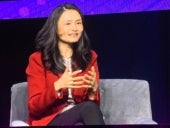
Google and Kairos Power are collaborating to build small modular reactors to provide nuclear power to data centers to give them abundant, clean, and reliable energy.
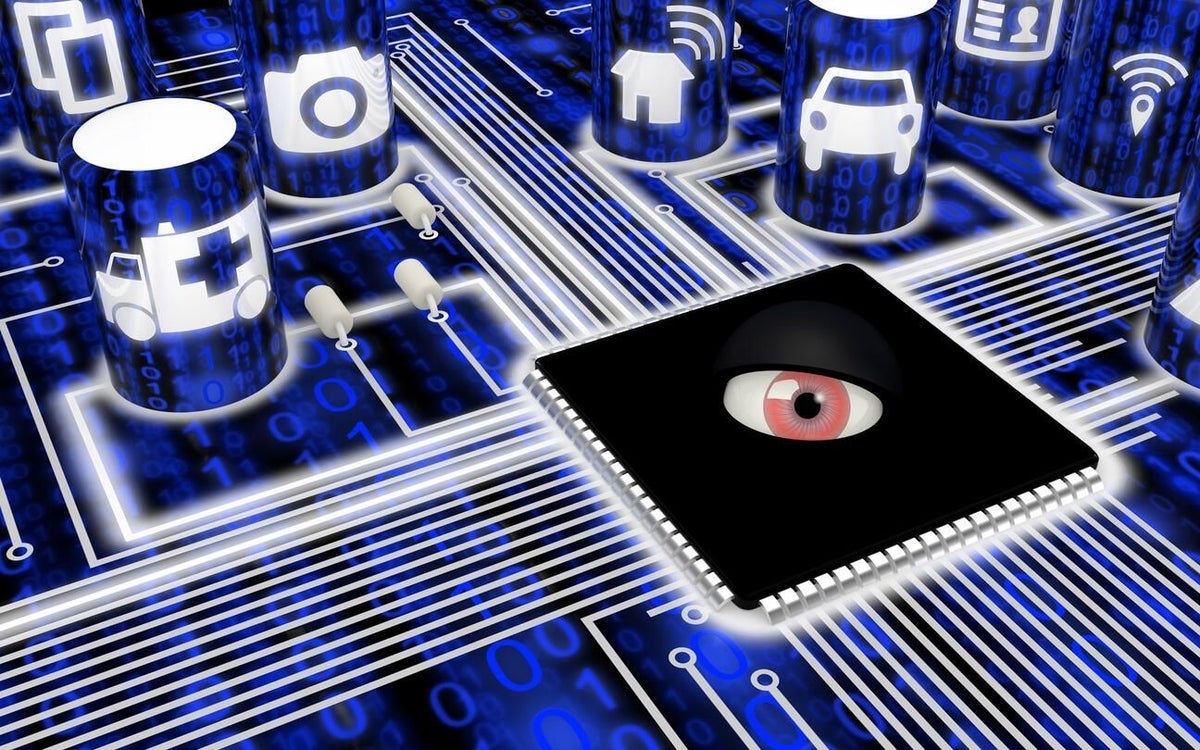
NVIDIA’s ties to DeepSeek are also being called into question by some US government officials.
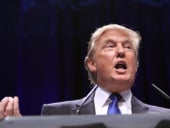
US President Donald Trump's tariffs, including a 145% levy on Chinese tech, will disrupt supply chains and raise prices on products like smartphones, computers, and gaming consoles.
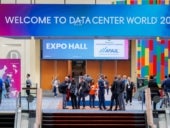
“Data centers are today’s gold rush,” Kevin O’Leary stated during his keynote at Data Center World 2025.

At Data Center World 2025, industry experts discuss AI's impact on DC power needs and liquid cooling innovation, as well as predictions about hyperscalers, CAPEX investments, and revenue.
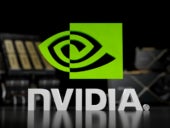
The US is keen to maintain its sovereignty in the chip market by blocking China from access to NVIDIA’s state-of-the-art hardware.

Read about Apple’s plans to develop two new Vision Pro models, as well as the company’s focus on creating augmented reality glasses for all-day use.
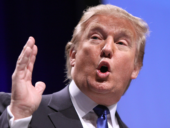
Trump confirmed that semiconductor tariffs are coming soon, and that specific companies in the sector, such as Apple, would be granted some flexibility.
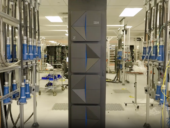
The new IBM z17 mainframe features AI capabilities across hardware, software, and systems operations.
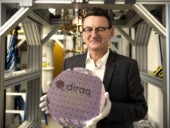
DARPA chose Diraq and Silicon Quantum Computing for the Quantum Benchmarking Initiative, which will assess whether participating companies could create a useful quantum computer in under a decade.

This 5th Gen iPad mini is a budget-friendly investment for professionals who need to stay connected anywhere.

The 10% baseline tariff plus additional “reciprocal” levies on China, India, and Taiwan has undermined investor confidence in the U.S. tech giants.
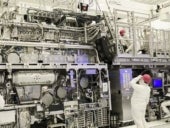
TSMC will take a 20% stake in the joint venture by contributing chipmaking expertise and staff training to Intel, according to The Information.